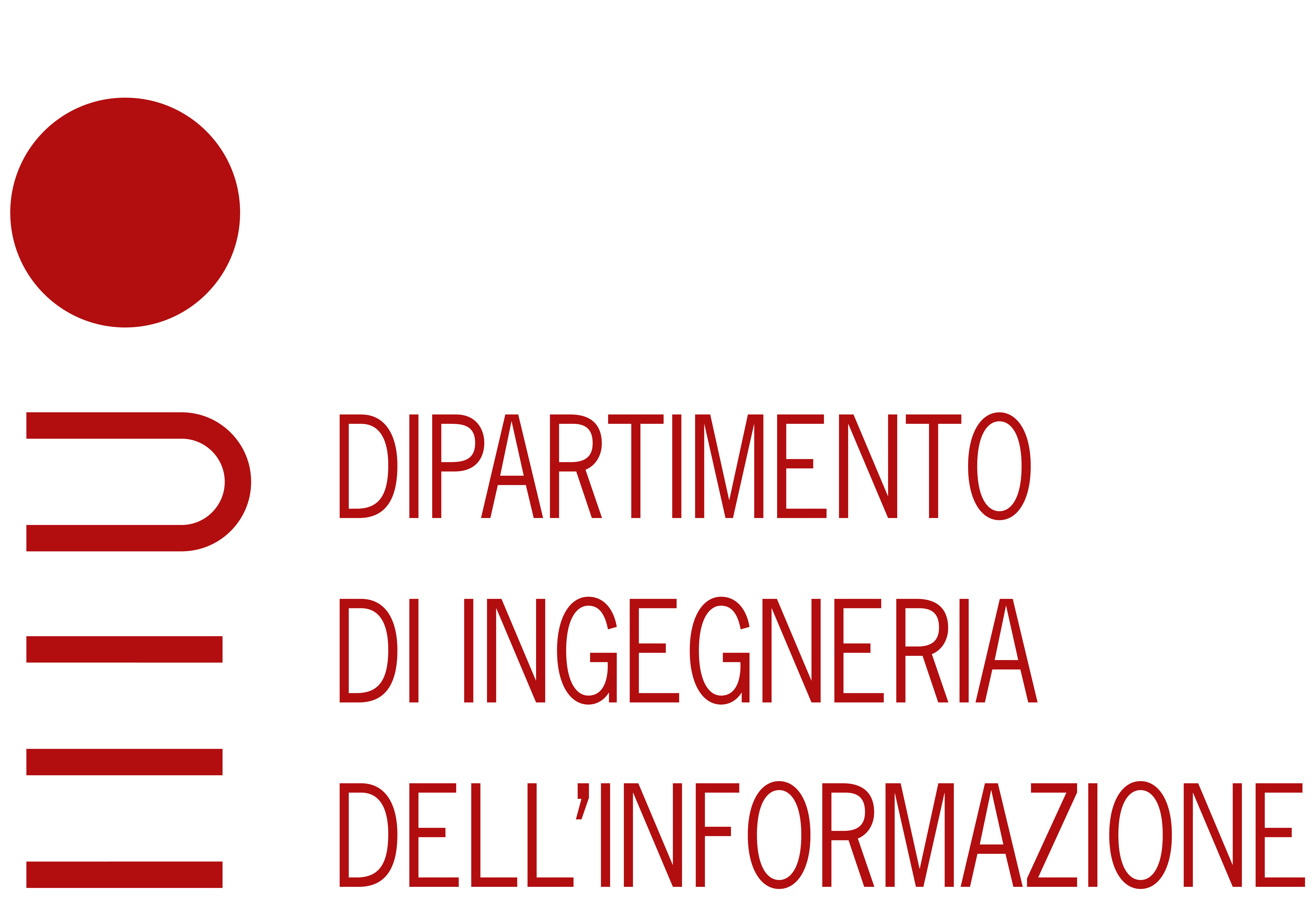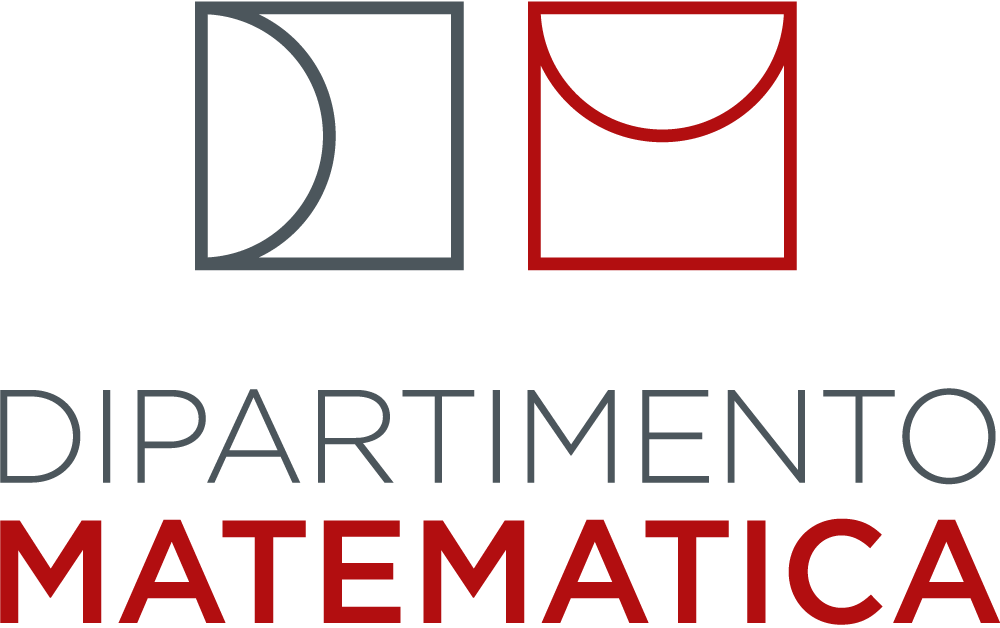
Department of Information Engineering and Department of Mathematics present a new Master Degree in Cybersecurity.
The CyberSecurity Master’s degree finds its roots in the classical framework of Computer Science and Information Engineering. The classical framework includes algorithmics, software engineering, computer architectures, operating systems, database management and information retrieval systems, communication networks, distributed systems and Web applications, the processing of large amounts of data and the processing of multimedia signals, which are intertwined with more advanced topics such as artificial intelligence, machine learning, communications and quantum computing.
 |  |
|---|
The CyberSecurity professional is able to identify the essential security elements of an IT or cyber-physical system. She/He can identify vulnerabilities in the same systems. She/He will be able to design and implement complex security countermeasures and solutions, also making use of advanced tools such as machine learning techniques and statistical tools.
Educational objectives
- Ability to design, implement, validate and maintain secure IT and communication infrastructures and systems.
- Knowledge of methods and tools to support the design, implementation, validation and maintenance of secure IT and communication infrastructures and systems.
- Knowledge of the bases of the non-IT areas that interface directly with Cybersecurity: Economic, Legal and Social areas.
- Communication skills, both in written and oral form, in English.
- Learning ability in order to continuously update their knowledge.
- Ability to work both independently and in groups.
- Ability to clearly communicate the most appropriate results and strategic lines.
Main goal
- Principles of information security, which therefore include the basic principles and practices of cybersecurity, as well as the cryptographic principles and protocols.
- Machine learning tools and process modeling, including machine/deep learning techniques and stochastic processes.
- Legal, psychological and economic knowledge.
- Finally, a suitable educational offer of optional courses allows the design of courses aimed at specific areas, such as software security, networks and cyber-physical systems.
- Chief security officer
- Cybersecurity officer
- Information officer
To be eligible for admission to the Master’s degree, students need a Bachelor’s degree or equivalent foreign qualification with specific curricular requirements:
- 24 ECTS achieved in SSD INF/01 – ING-INF/05 – ING/INF-03
- 18 ECTS achieved in SSD MAT/01-09
An adequate knowledge of the English language is also required, at least level B2.
An adequate personal curriculum studiorum is defined in terms of knowledge, competences and capabilities in the framework of Computer Science and Information Engineering such as programming, communication networks and information systems.
The student’s knowledge verification is performed according to the methodologies described in the Regulation of the Course of Study.
The Admission Committee evaluate applications of those candidates having an Italian Degree not regulated by DM 509/99 or DM 270/2004, or with a foreign degree.